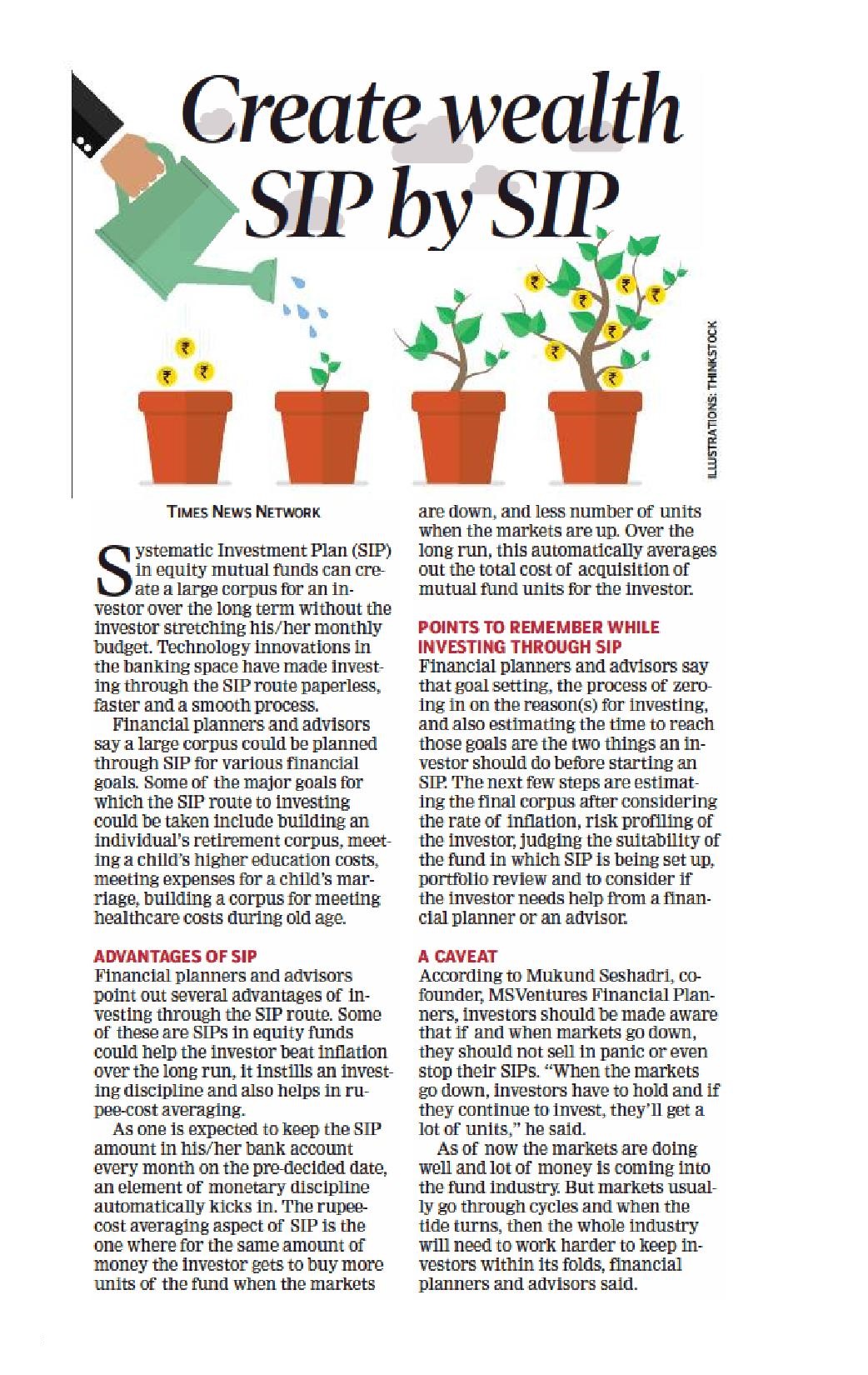Morningstar Investment Adviser (India)
Equity markets are trading just shy away from their all-time highs and the debate on whether markets are currently overvalued or not and if it is the right time to invest.
Our analysis shows that market valuations do play an important role in determining returns over the short term to medium term. In other words, investments made at lower valuations (for e.g. at lower Price to Earnings ratios) have historically yielded better returns as compared to investments made at higher valuation levels if the investment is held for 5 to 10 year periods.
But, for an investment horizon of 15 years and above the impact of valuations on returns is minimal. The following table shows the average three, five, ten and fifteen-year returns from the Sensex at different Price to Earnings (or P/E) levels from January 1991 onwards.
Dhaval Kapadia
Director and Portfolio Strategist|Morningstar Investment Adviser India
· Consider shifting of AUM to performing funds even if LTCG is levied: Morningstar
· Total Return vs Price Return Index: Which is ideal for benchmarking your MF portfolio?
· Asset Allocation: when is the right time to rebalance your portfolio?
Does it mean that one should wait for the ‘right’ valuations to make investments and avoid investing at other times?
Trying to time the market hasn’t been a fruitful activity for most investors.
Markets have been known to remain ‘overvalued’ for long periods of time and waiting for sharp corrections to occur at times might be fruitless especially if one is investing to achieve a time-bound investment goal.
Besides, the definition of over and undervaluation itself is subjective based on the valuation parameter used and can vary from time-to-time.
So, how should investors plan investments? Rather than trying to time the market, investing for the long term through systematic investment plans (SIPs) appears to be the most suitable route.
SIPs for longer tenures would ensure that investments are made across up and down market cycles thereby reducing the impact of varying market valuations.
SIPs also inculcate discipline in savings & investing and avoids the endless debate on whether ‘this is the right time to invest’.




